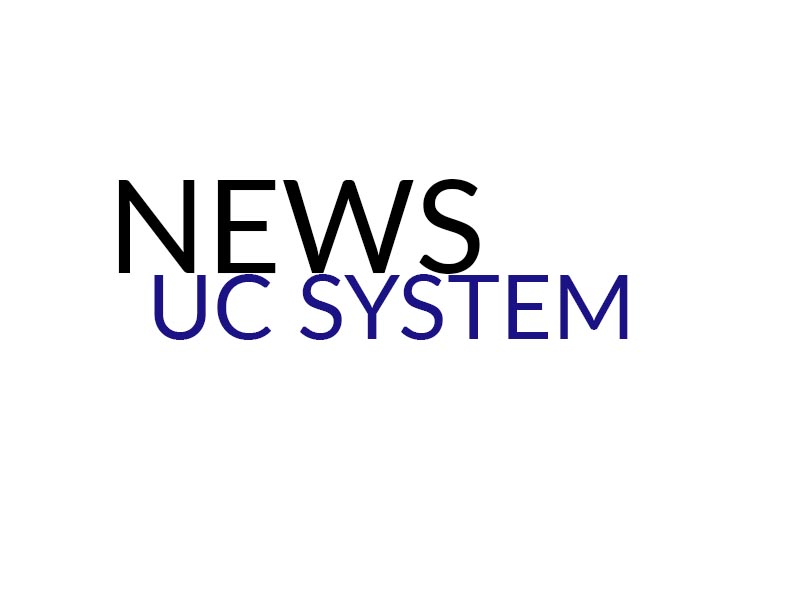The UC healthcare system will play a larger role in helping students kick their smoking habits through the new initiative, UC Quits. The program aims to bring care providers into the smoking-cessation process by creating a shared network between UC healthcare centers and a UCSD-based anti-smoking helpline, according to a Dec. 29 press release.
UC Quits is piloted by UC Davis’s Dr. Elisa Tong and the Smoking Cessation Leadership Center at UC San Francisco. Originally started in 2013 by Dr. Tong, the program now extends to UCSD, UCLA and UC Irvine, covering all five UC campuses with major healthcare systems.
Smokers who visit UCSD’s medical center will be given an electronic referral to the UCSD-based California Smoker’s Helpline at the patient’s discretion. The helpline offers free counseling and strategy planning to help patients rid themselves of their smoking habits. According to the UC Quits website, this helpline nearly doubles the chance of quitting.
This referral system is the first of its kind for smoking-cessation programs, according to SCLC project director Roxana Said.
“UC Quits is different than any other anti-smoking initiative due to the patient-centered approach and integration of a bi-directional e-referral system with the California Smokers Helpline,” Said told the UCSD Guardian.
Normally, care providers suggest helplines to those patients who want to quit smoking. However, patients tend not to make the initial call for a variety of reasons, according to Tong.
“People’s lives are busy, and they forget to call,” Tong told the Sacramento Bee newspaper.
In addition to referrals, doctors now have full access to progress notes during the helpline sessions under UC Quits. This will allow care providers to actively participate in their patients’ progress, according to Said.
“[Under UC Quits], healthcare providers can more effectively access services in referring patients to ensure that smokers get the treatment they need to successfully quit smoking,” Said explained.
Though UC Quits has been integrated into UCSD’s main medical center, the program has not been introduced at the Student Health Center, according to the center’s Director of Health Promotion Deborah Pino-Saballett.
“UC Quits is primarily a resource for providers working in a hospital and medical center setting,” Pino-Saballett told the UCSD Guardian. “As of yet, [the program] has not focused on providers in the Student Health Centers.”
However, Pino-Saballett noted that students with smoking habits who visit the clinic have the option to be referred to a health educator to discuss similar quitting strategies.
As of November, UC Quits has referred 2,716 patients. Said cited this number as a sign of the program’s continuing success.
“All the UC Hospitals are now poised to be able to refer smokers to the CA quitline [essentially] forever,” Said commented. “The number [of patients] reached and able to quit will continue to climb.”
As of 2014, smoking rates have hit an all-time low of 16.8 percent of adults in the United States, according to a report from the Centers for Disease Control and Prevention. The same report listed tobacco use as the leading cause of preventable deaths.
Another report, recently completed by the SCLC, found that 70 percent of smokers would like to quit. The report added that, without professional assistance, only 5 percent of that portion will be successful in doing so.








